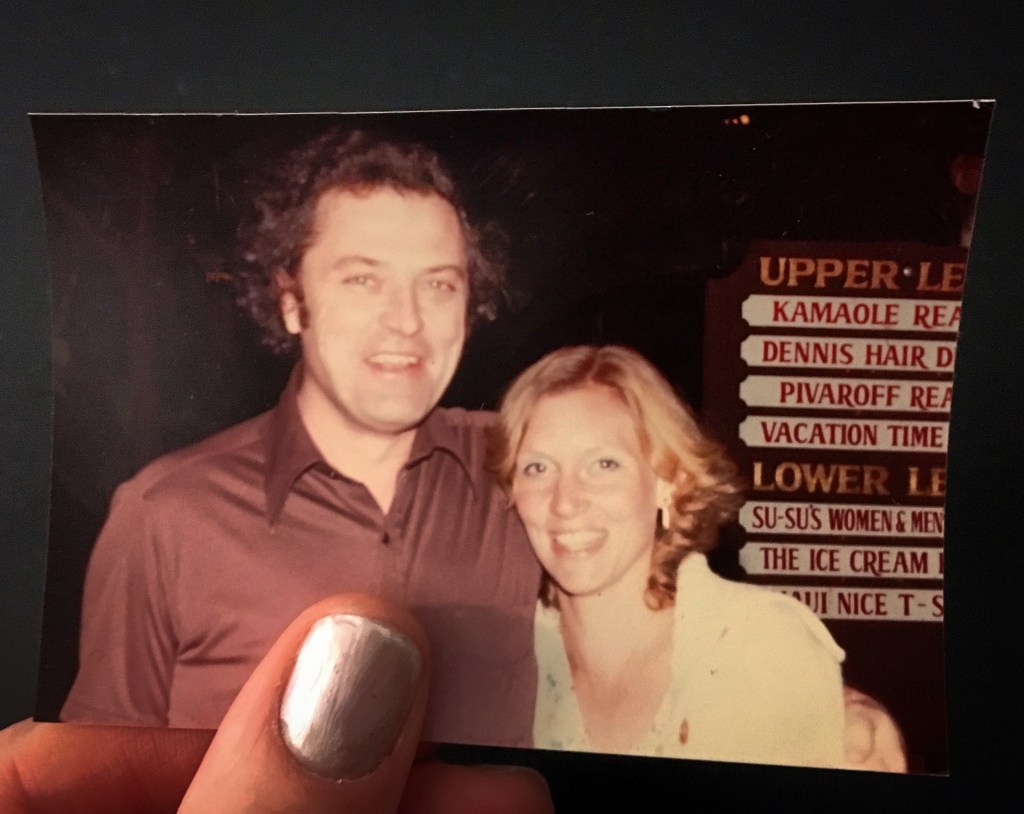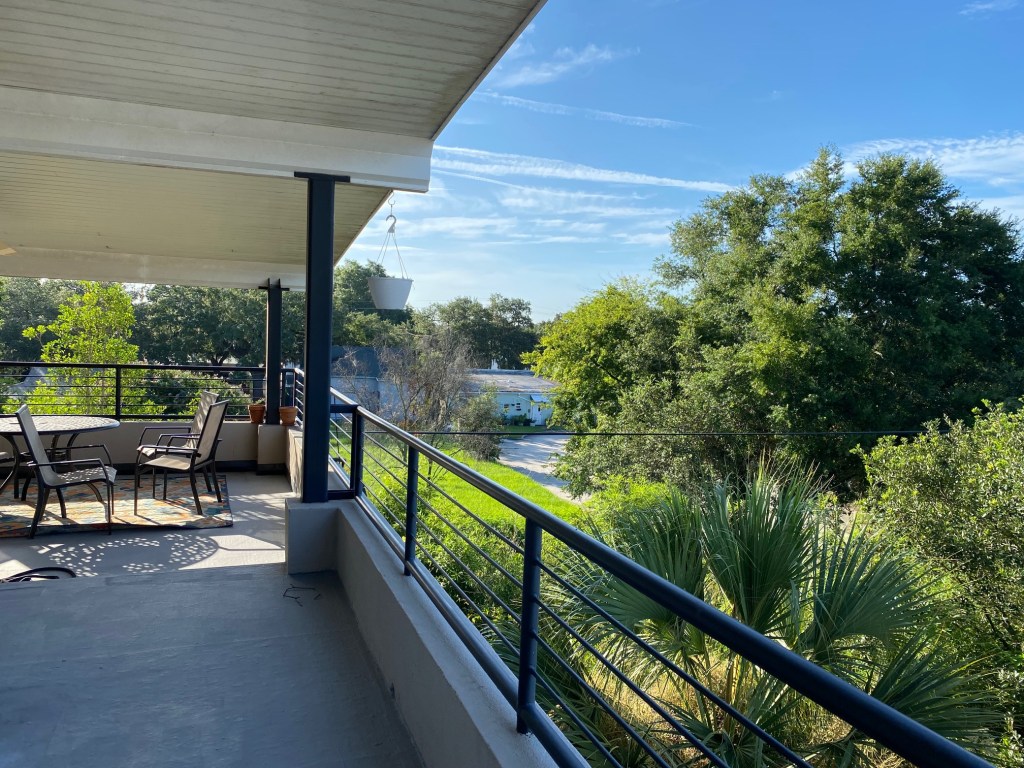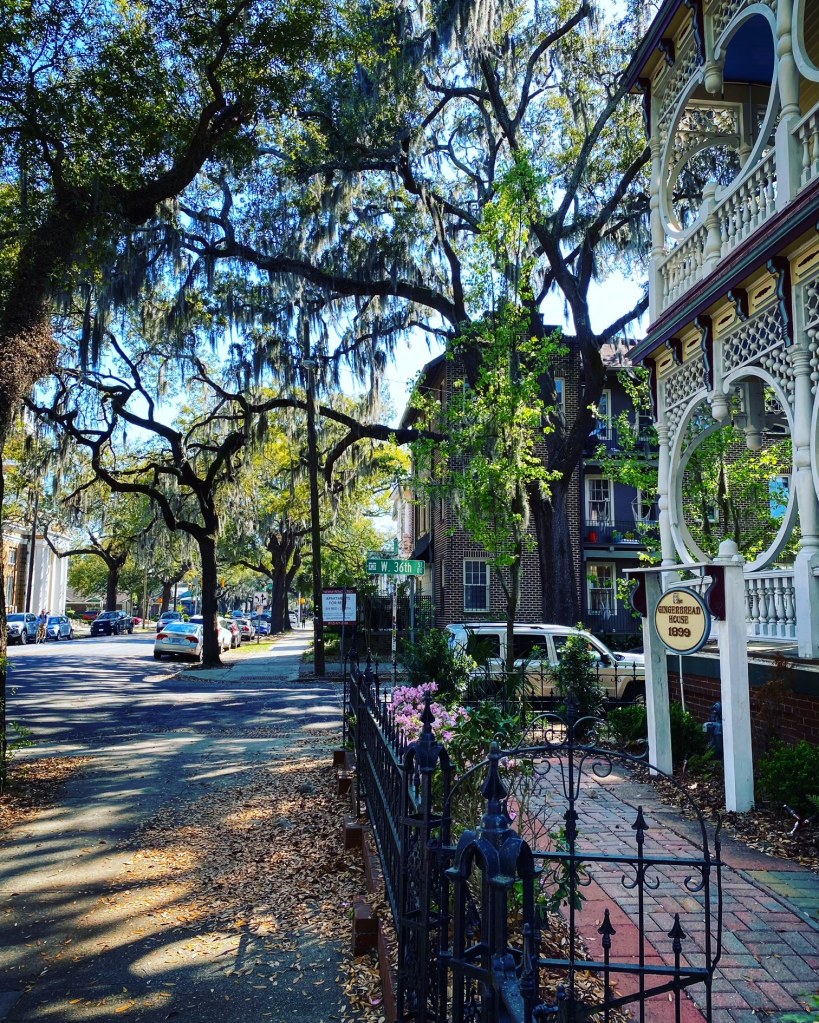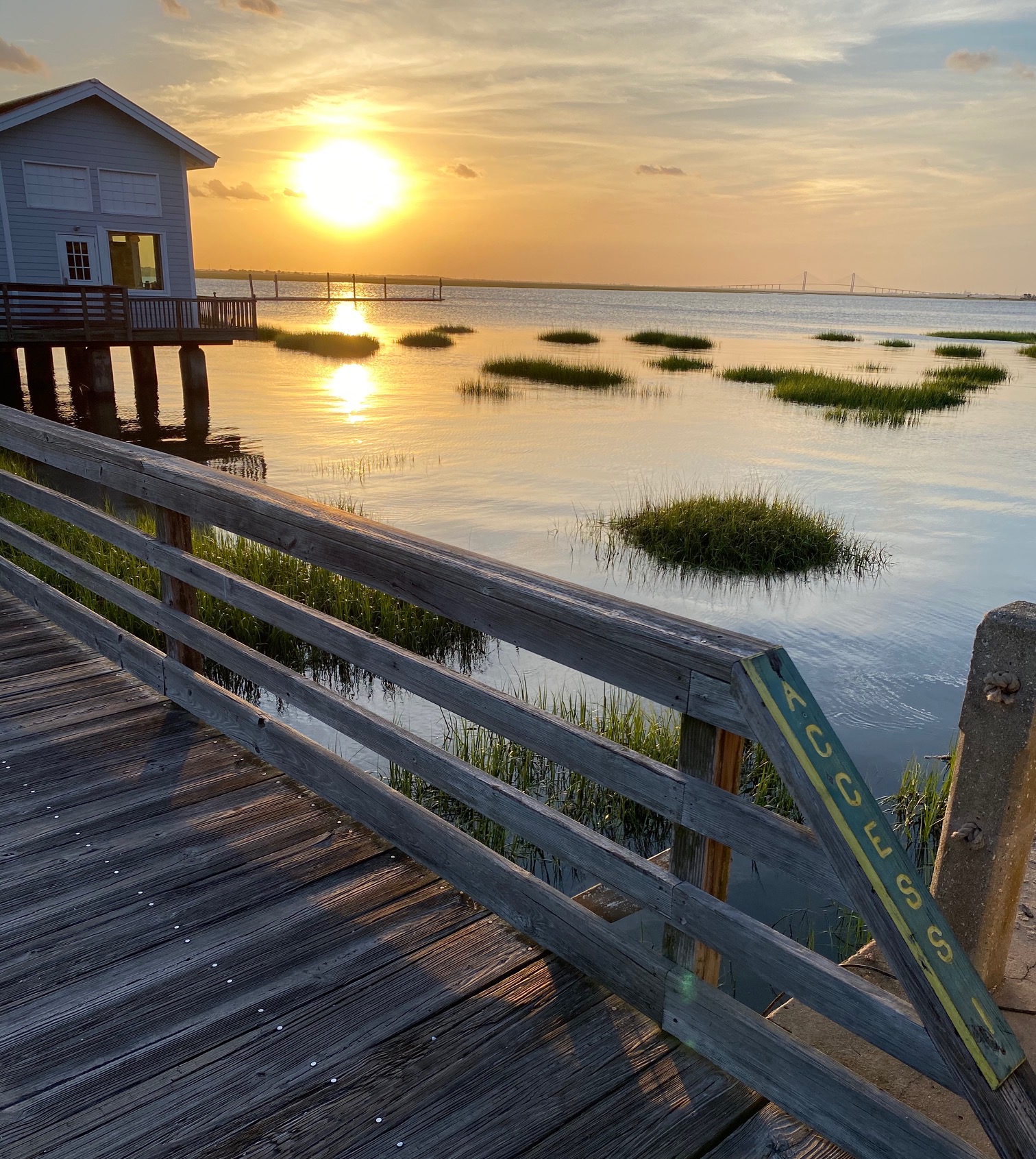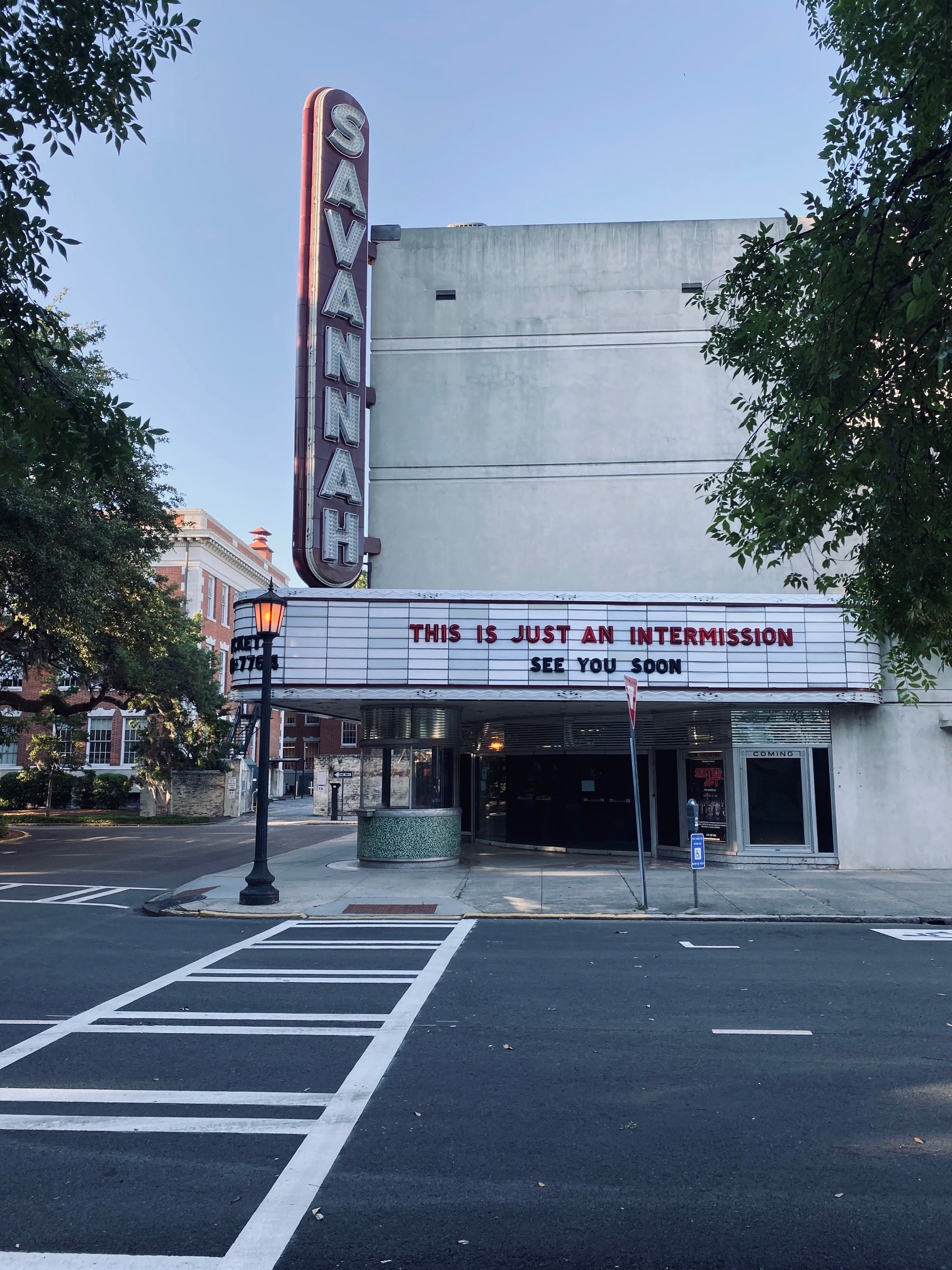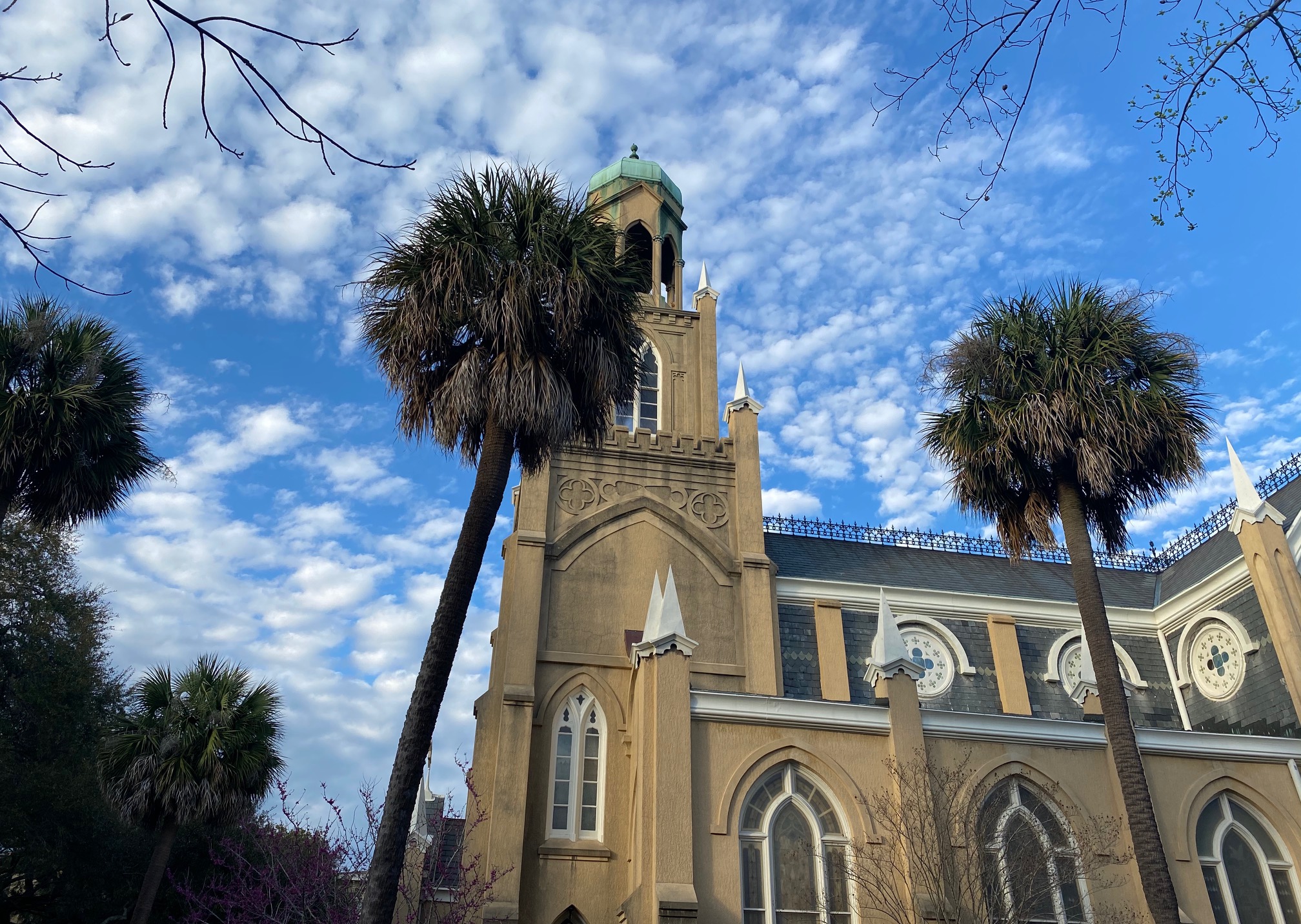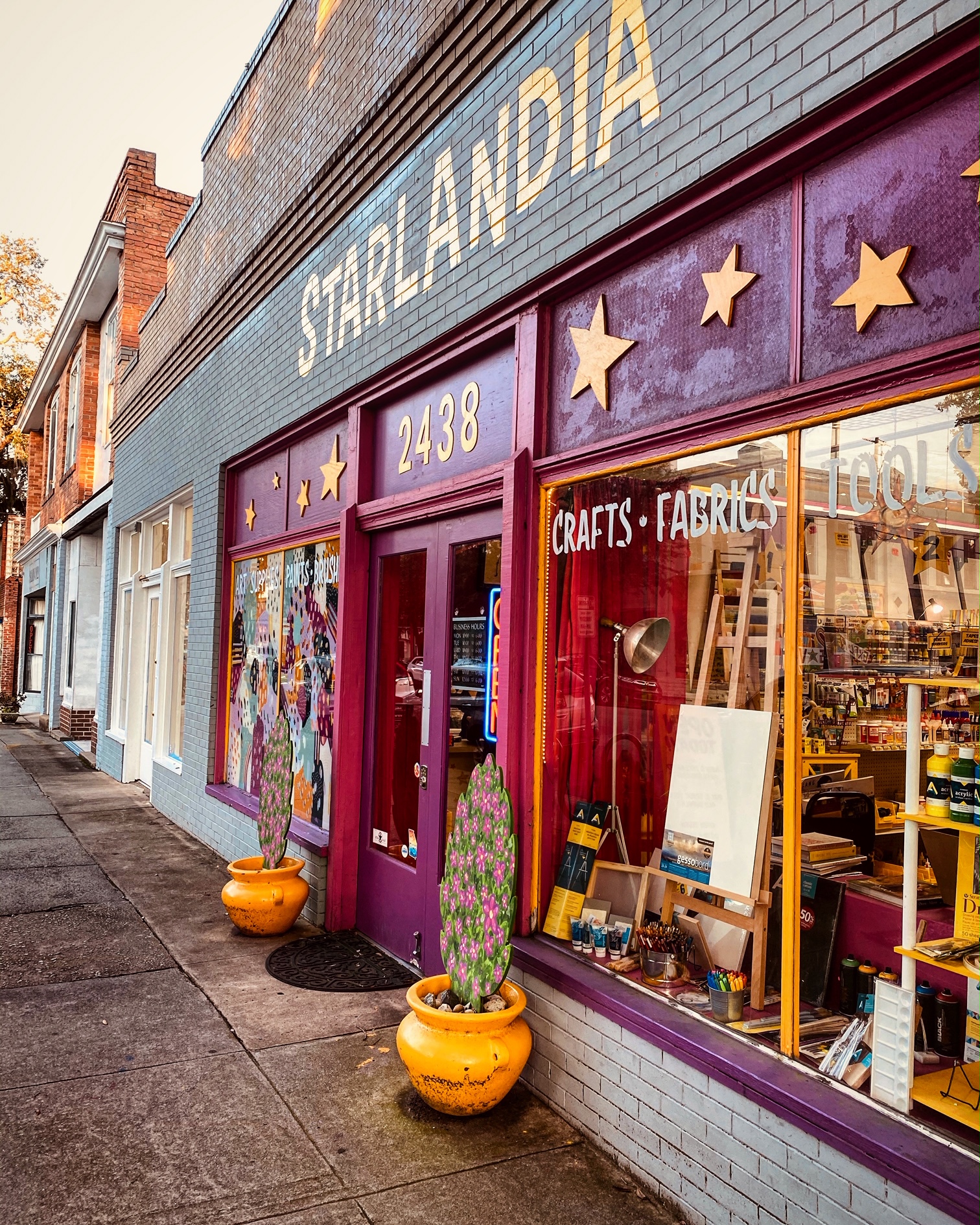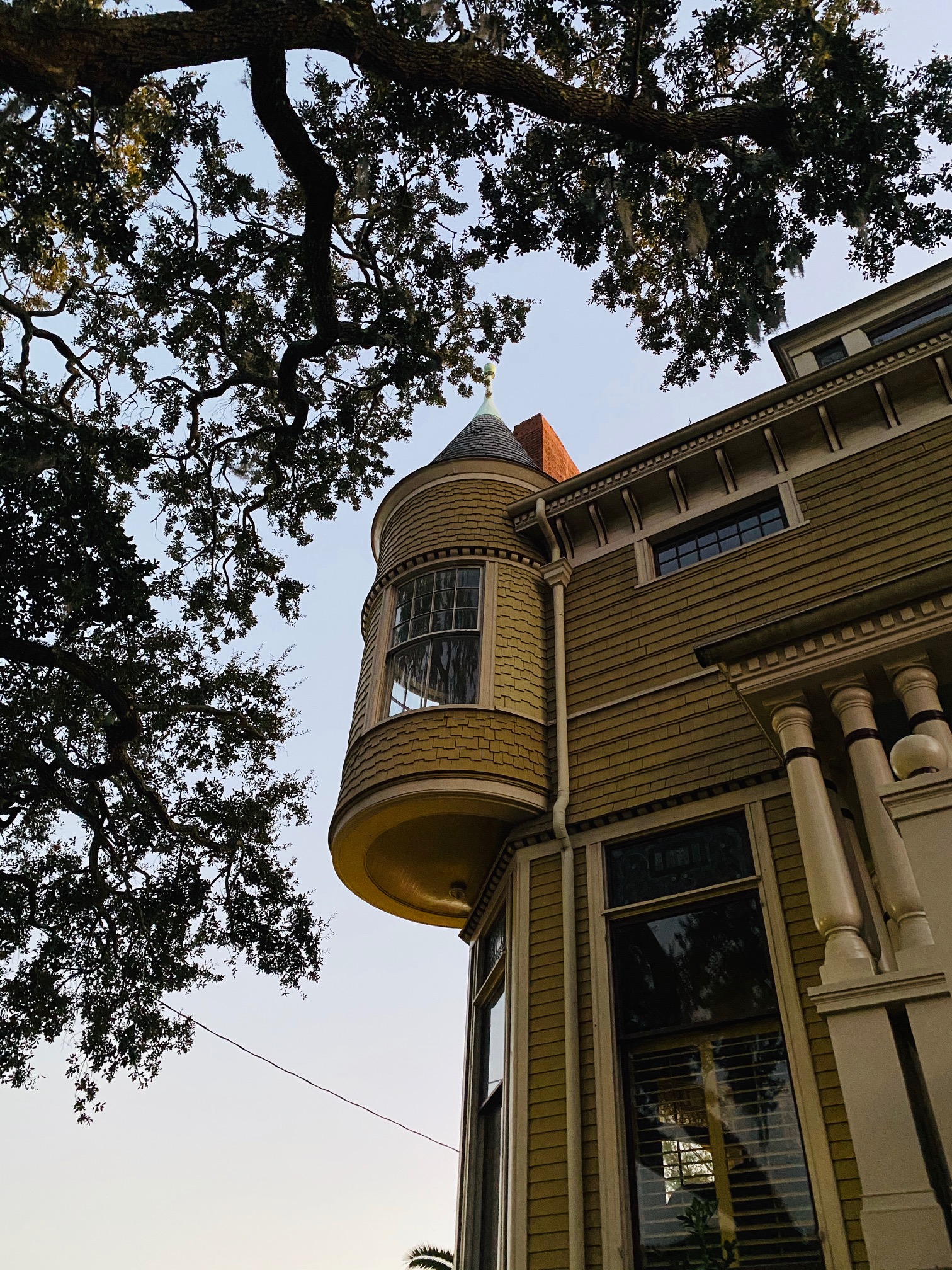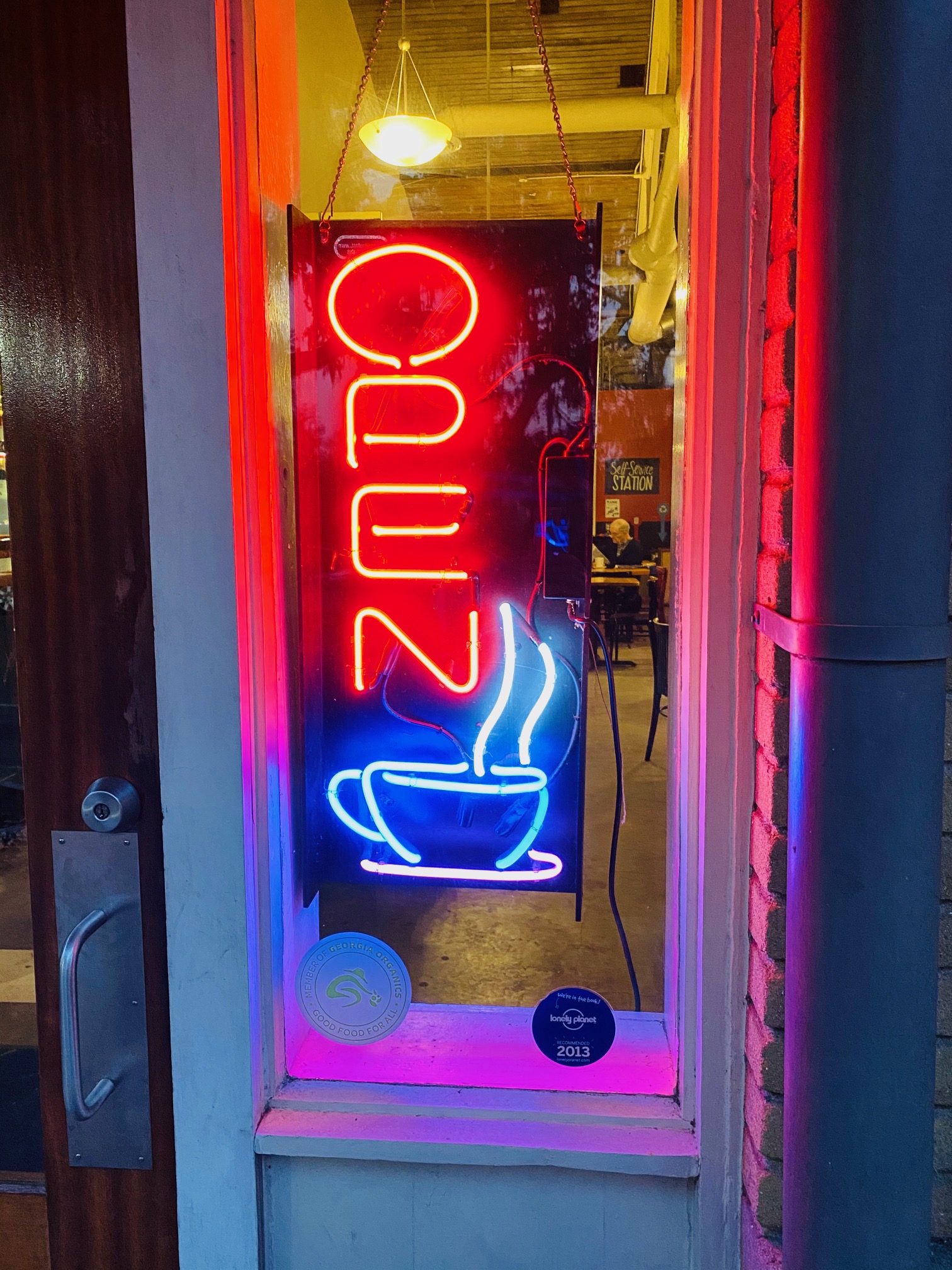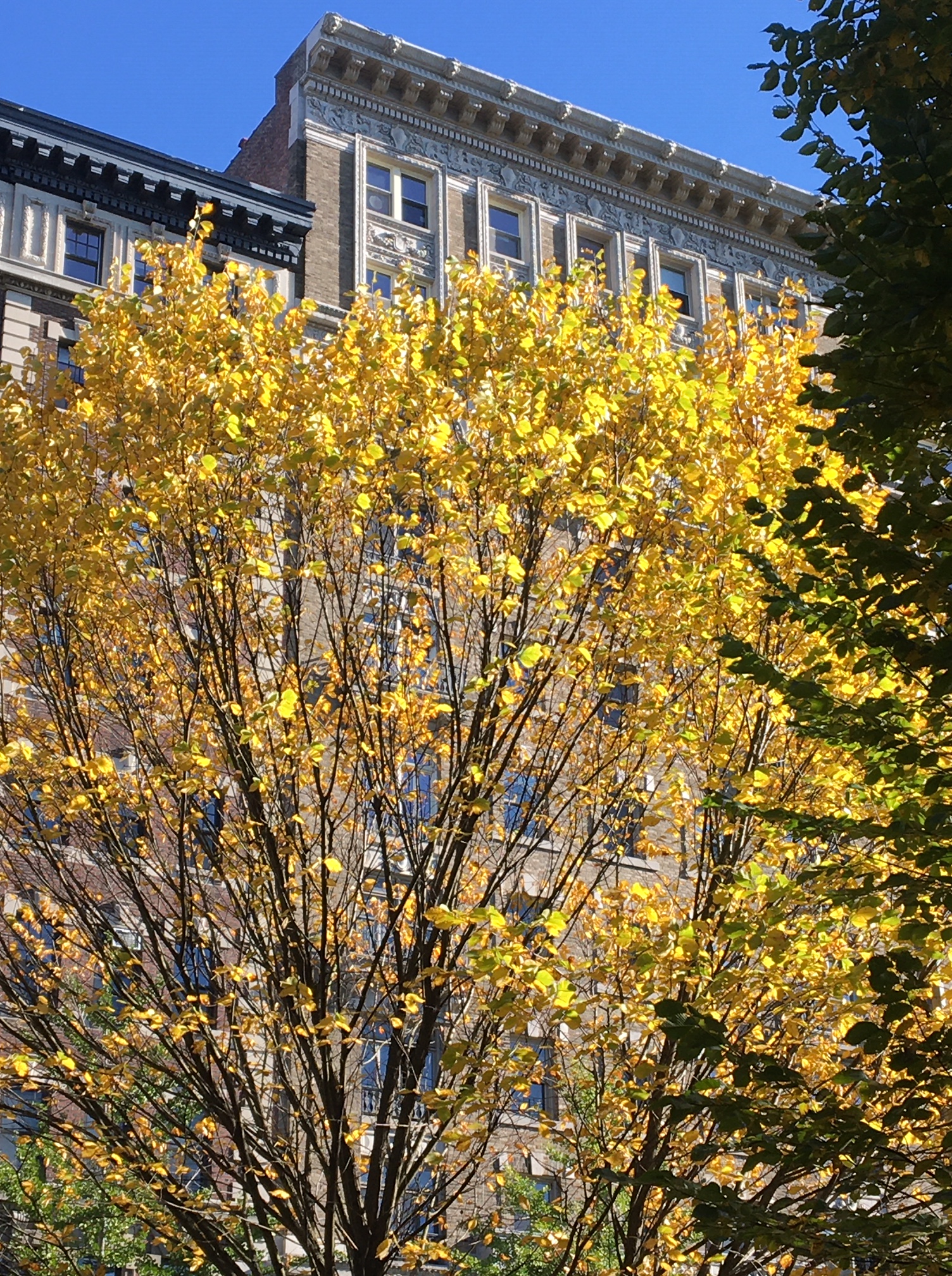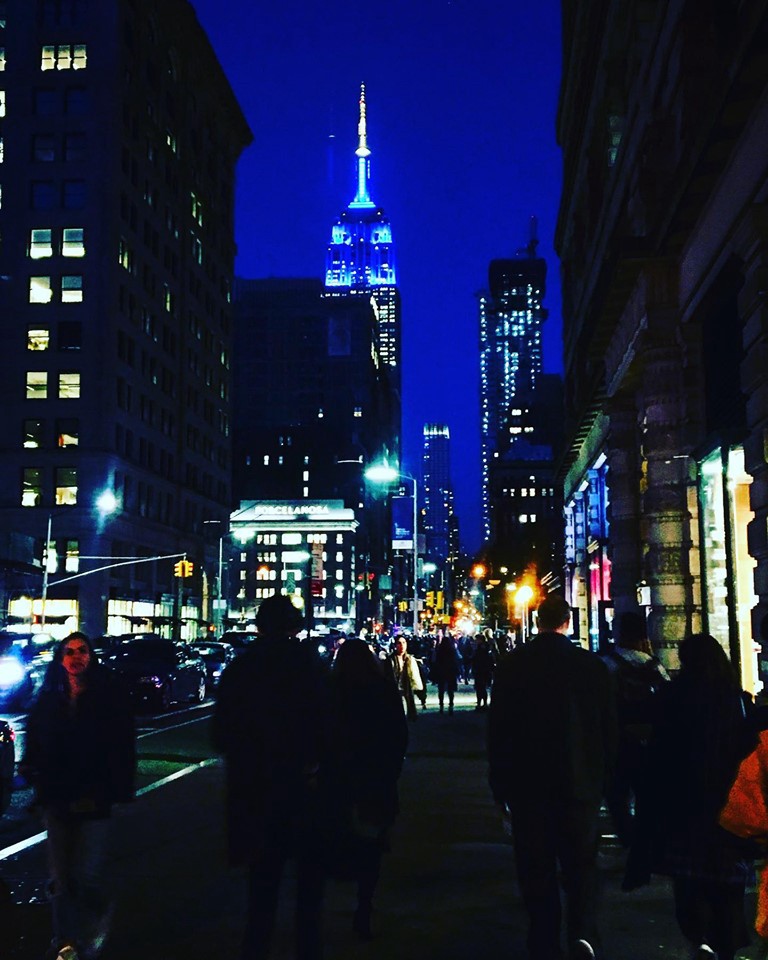Once upon a time, when I was still living in Los Angeles and my mother was still alive, she came to visit me. Mom visited often; she loved California. She was an avid gardener, and we used to go for long walks so she could admire the trees and flowers she didn’t get to see back home in the Pacific Northwest. I tolerated those walks, but barely. I was always trying to speed through them, impatient to get to the other, more interesting things I thought we should be doing. Now, I marvel at how such a seemingly simple exercise – a walk – could bring my mother so much joy. A single colorful bloom, the trunk of a mighty tree, the morning breeze perfumed with eucalyptus: they were wondrous, all.

Of all the walks we took together, there is one that sticks in my memory. But memories are funny things, because I can’t tell you what year it was, or which neighborhood we walked through, or anything else we did that day. I only remember a sidewalk, and me, charging ahead as usual, while my mom hung back and enjoyed the view. I had been doing too much, not sleeping enough, exhausting myself with the sort of impassioned attempts at world domination that are part of the program when you’re in your twenties and chasing your dreams in a place like Los Angeles. Dizzy with fatigue, hungover perhaps, a bit bored, I turned back to Mom and made a silly face, put on a funny accent, cracked a questionable joke. If I could remember what I did I would tell you, but I can’t. Those details are lost to history. But what is not lost, what I will never forget, is how my mother reacted. She stopped walking and looked at me, hard, with a deadly serious expression. “I wish you’d let that side of yourself out more often, Sar,” she said, and looked me in the eyes long enough to make sure I knew she meant it.
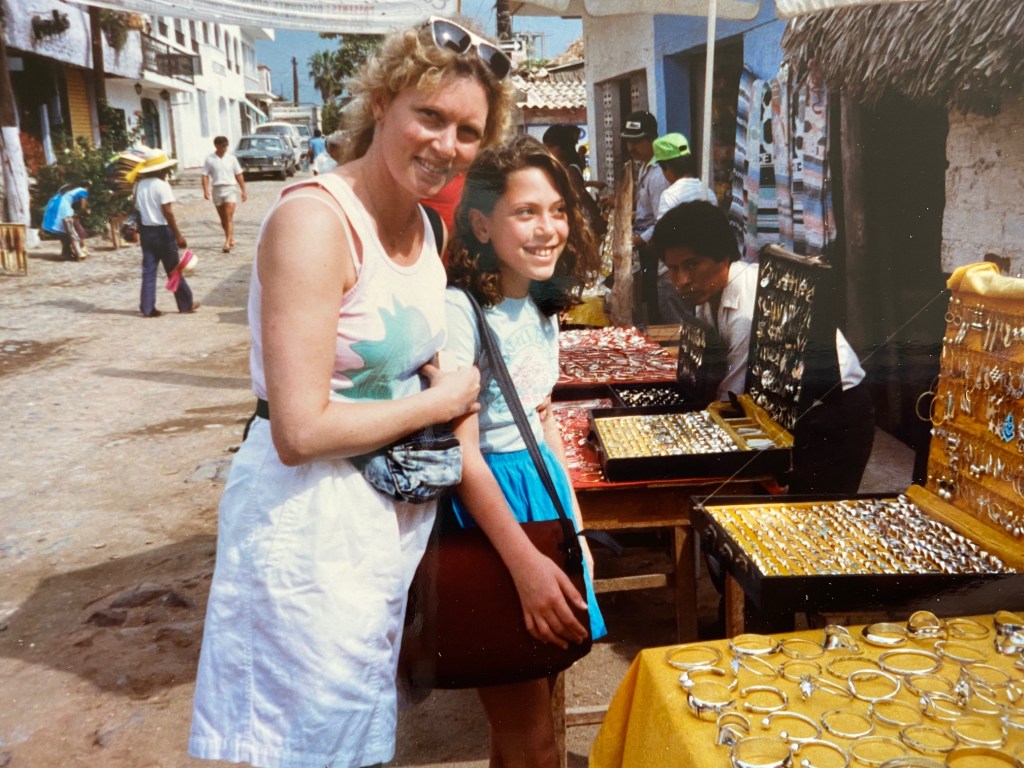
My mother died eleven years ago last month. I used to think that with enough time, healing, and therapy, I’d reach a point where her death no longer hurt. Eleven years later, I no longer think I’ll reach that point. But I also think that by trying to wish away the pain of my mother’s death, I was missing the point. The pain is a gift. It is a constant reminder of the tremendous love between us. And it is also a motivator. Pain is the thing that tugs at my insides, the thing that taps me on the shoulder and tells me to try again. It is the quiet, steady drumbeat that reverberates through even the darkest of days. “It’s not too late,” it whispers, insistently. “As long as you’re alive, anything is possible.”
Lately, I’ve been thinking a lot about my why. Why am I here? What are the values that drive me? What am I supposed to be doing – in the words of the inimitable Mary Oliver – with my one wild and precious life?

I started writing about my life because I wanted to make sense of it. Because nothing made sense and I wasn’t OK with that. I guess I figured if I could find meaning in the darkest, most difficult things I’d experienced, maybe I could find hope there, too. And as I wrote my way through fear and sorrow, I realized that the clarity I was seeking was something I wanted for other people, too. Because I think most of us are carrying something painful that we don’t know what to do with. Most of have struggled with feeling lost or inadequate or unsure. Most of us see a chasm between the life we are living and the one that we wish for. And most of us – as much as we might want to – are terrified to leap across that divide.
My mother was my best friend. For the first thirty-one years of my life, she was my first phone call. My most important person.
And yet. For all of those thirty-one years, I watched my mother build a life on deferred dreams. I watched as she made one excuse after another for not pursuing the things she wanted. I watched as the passage of time eroded her confidence, as “someday” became never. And as the distance between the life she dreamed of and the one she was living continued to grow, I watched her drink to bridge the difference. For a time, I think that alcohol made my mother’s life bearable. Happy, even. The booze blurred the edges of reality and made everything seem softer. Prettier. And when it stopped working, she just drank more. And more and more, until eventually, the alcohol obliterated everything. Including her.

I don’t know if my mother knew she was going to die when we took that walk together. I only know that there was an urgency in what she was trying to communicate. She was telling me to take more chances. She was telling me to be brave with my life.
I used to think that being brave meant getting on an airplane to cross a vast ocean, traveling alone to foreign shores and wandering cobblestone streets in cities centuries older than the one I was born in. I used to think it meant giving up a comfortable life in Los Angeles to move to New York City and follow nebulous dreams of working in the theater. I used to think it meant turning down a stable job for an uncertain future.
I think those things were brave when I did them, but I also know that they were forms of running away. There are so many times in my life when I ran to avoid looking inward, to avoid being honest with myself about what I really wanted and the work it would take to get there.
Now, when I ask myself what it means to be brave with my life, it has nothing to do with running and everything to do with staying. It means having the courage to stand in the truth of who I am and to live that truth unapologetically. It means refusing to be ashamed of the ways I’ve struggled, refusing to let the fears of what other people think of me keep me silent. It means believing that my flaws and mistakes don’t disqualify me from happiness. That my humanness alone is enough to make me worthy of love and belonging.

Which brings me back to my why. My why – what I want for myself and what I want for others – comes down to one word: honesty. I want every single one of us to find the courage to step into the truest, most fully-realized versions of ourselves. I want us to be honest about who we are and what we want, and then to go after those things, without fear or shame or apology.
What I want to say to you, friends, is this:
Be brave with your life.
Not rich. Not famous. Not perfect. Just brave. Because for thirty-one years I watched the person I loved the most never think that she was be good enough to be brave with hers. I watched how that tore her apart.
In the end, what my mother wanted more than anything was for me to have all the things she never had.
I want that for me too. I want it for all of us.
And I’m here to say it’s not too late.
As long as we’re here, anything is possible.
We can choose, every day, to be who we want to be.
We can choose, every day, to be brave with our lives.


